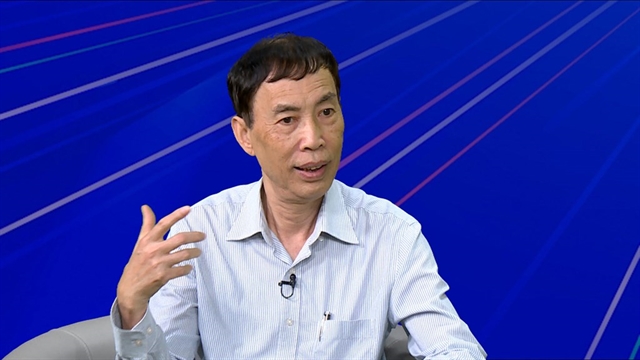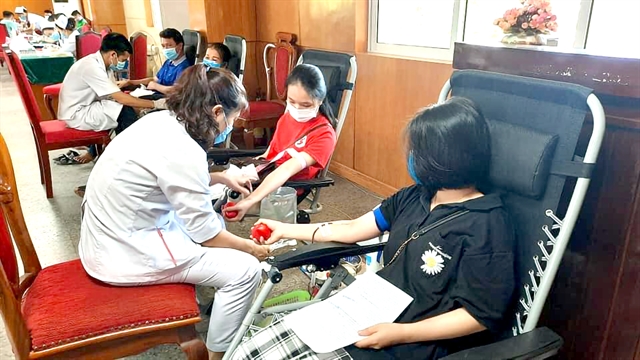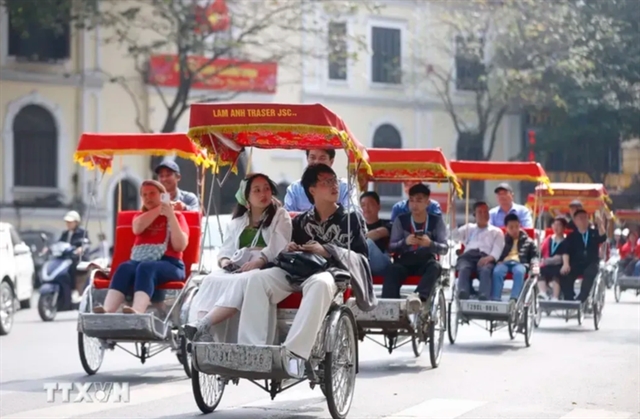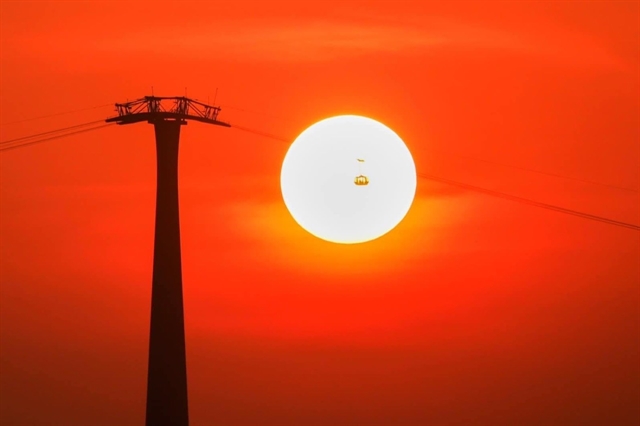 Society
Society

Due to the huge rise in COVID-19 patients, many hospitals around the country are facing a drastic shortage of blood.

|
| Young people donate blood in the central province of Quảng Bình. — Photo courtesy of the Quảng Bình Youth Union |
QUẢNG BÌNH — Due to the huge rise in COVID-19 patients, many hospitals around the country are facing a drastic shortage of blood.
They are calling for volunteers to donate, and thanks to donors in the central province of Quảng Bình, many lives have been saved.
But with hospitals needing up to 50 units each day to treat patients, more blood is desperately needed.
Hồ Hoàng Thị Kim Huệ, head of the Biochemistry, Haematology and Blood Transfusion Ward under the Việt Nam-Cuba Friendship Hospital in Đồng Hới City told the Sức khỏe & Đời sống (Health and Life) newspaper that during the COVID-19 outbreak, the number of patients with blood diseases did not decrease, and the amount of blood needed for treatment remained high.
The amount of blood supplied from the Huế Central Hospital and the National Institute of Haematology and Blood Transfusion is falling and at the same time, the number of blood donors also decreased, resulting in a serious shortage of blood and blood products for emergency treatment.
"So far, the hospital has mainly used blood units from Huế," said Huệ.
"This year, the hospital usually collects blood in the area, but since the COVID-19 outbreak in Quảng Bình Province, blood collection was temporarily stopped leading to a shortage."
Huệ’s ward notified the hospital's board of directors to work with the provincial Red Cross Society and the provincial Steering Committee for Diseases Prevention and Control to arrange blood collections.
She added: “In the future, if the pandemic situation is controlled in the province, the hospital will organise blood collection in the community to ensure blood for use to the end of the year.
"Towards the end of the year, the amount of blood needed for treatment will increase. In the coming storm season, it will be more difficult to collect blood, so blood donations needed to be done quickly."
Blood donors
In order to support treatment of patients during the pandemic, members of blood donation clubs in the province, the provincial police and the youth union have become the main donors.
Participating in blood donation during the pandemic outbreak also faced many difficulties, as most of the volunteers were in quarantine or lockdown areas, or had joined forces to assist pandemic prevention and control.
Blood donation at the hospital also needs to ensure pandemic prevention and control regulations, such as no large gatherings, but instead divide into small groups. Before going to the hospital, people need to make a medical declaration and do a quick COVID test.
Speaking about his blood donation in Đồng Hới City during social distancing, Nguyễn Lương Hòa, 28, from Bắc Lý Ward, said hearing that patients at the Việt Nam-Cuba Friendship Hospital were in a critical condition and needed blood urgently, he quickly went to the hospital to donate.
“I heard the news while I was working at the checkpoints in my ward," said Hòa.
"I quickly did a medical declaration and quick COVID-19 test to go to the hospital to give blood to help the patients.
“I feel really happy to do this and help people, especially those in critical conditions.”
Senior lieutenant Dương Quốc Khánh, secretary of the Quảng Bình Province Police’s Youth Union, said that to support hospitals in the area, police also participated in unexpected blood donations.
The police have donated nearly 100 units in recent weeks.
"The donation helps raise people’s awareness, responsibility and show noble deeds, spirit of living for society, for the community of police and soldiers in the province,” said Khánh.
“We all want to give life opportunities and hope to those who need blood."
Doctor Huệ added that during the treatment process, many patients were in a critical condition but the hospital's blood storage unit was low on supplies, and the patient's relatives were in quarantine or lockdown areas.
At that time, hospital staff were always ready to donate blood themselves to save the patients.
“Our first and most important mission is to save patients’ lives,” she said. — VNS




